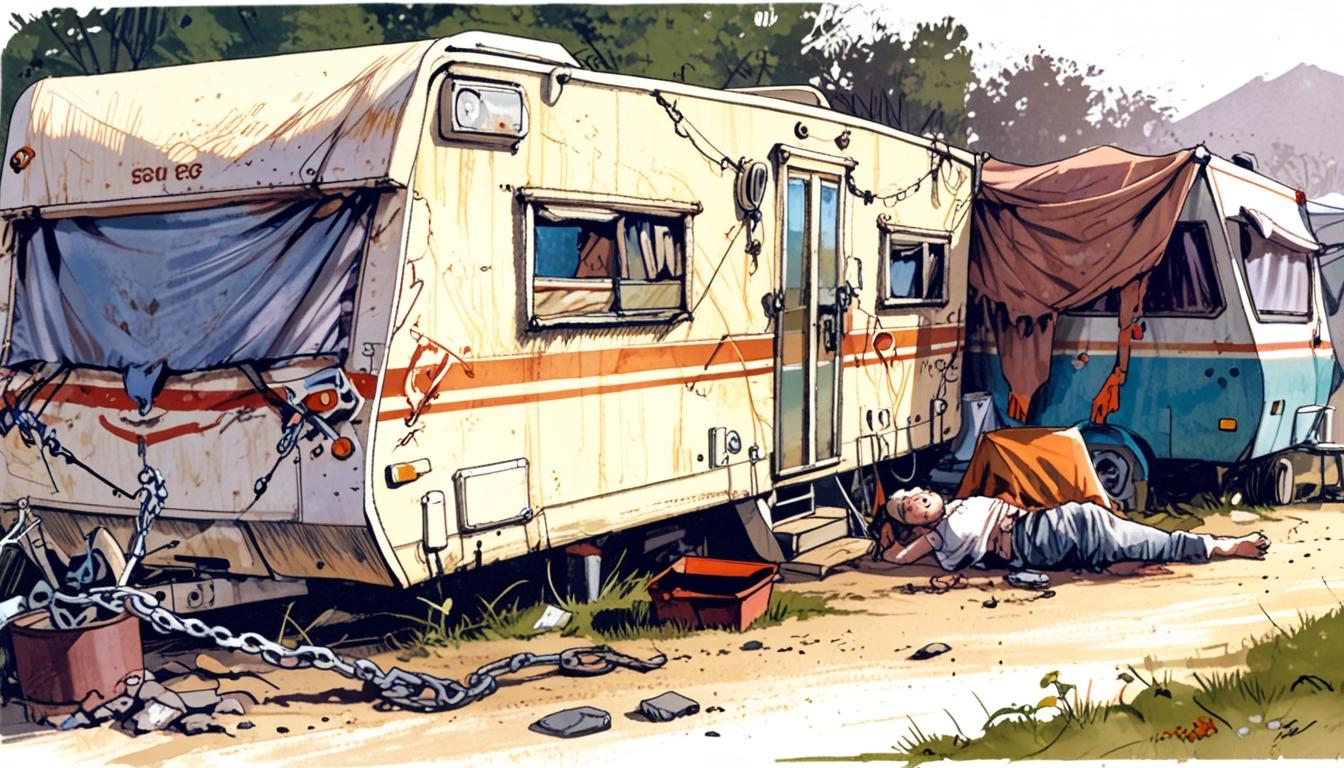Victims of Scotland's 'Tinker Experiment,' a controversial social scheme operational from the 1940s to the 1980s, are seeking a formal apology as they collaborate with the Scottish Human Rights Commission. This “experiment” aimed to integrate gypsy travellers into mainstream society, but it has since been condemned for its discriminatory practices, with some critics characterising it as “cultural genocide.”
Professor Angela O'Hagan, Chair of the Scottish Human Rights Commission, announced that the Commission is working closely with those affected to determine the appropriate form of redress. She noted the institutional discrimination faced by Scottish gypsy travellers, stating, “Anything involving the community with ‘experiment’ in the words should rightly give us shivers.” O'Hagan further highlighted the enduring legacy of this scheme, affecting the physical and mental health of individuals and their living conditions.
The scheme, which received backing from the UK Government and various local councils, involved relocating families from their traditional homes to designated accommodation sites, often under threat of having their children taken into care. Many families were forced to live in cramped conditions, lacking basic amenities.
The Commission has been gathering evidence and working with victims since last summer to document the long-term impacts of the programme. O'Hagan explained that they are analysing legal frameworks and standards to assess whether the evidence meets the threshold for cultural genocide, exploring potential mechanisms for an apology and other forms of redress. The Commission's findings are expected to be published by the end of the year.
Shamus McPhee, a victim who has lived on the Bobbin Mill site in Pitlochry, has been an outspoken advocate for a public apology, claiming the scheme “decimated” the life chances of many individuals. He expressed frustration over the lack of formal apologies extended to gypsy travellers, contrasting it with other groups who have received acknowledgment for historical injustices.
Political responses have underscored the significance of acknowledging this dark chapter in Scottish history. Paul O’Kane, Scottish Labour's Equalities spokesperson, characterised the initiative as a critical examination of past injustices, while Scottish Lib Dems Equalities spokesperson Christine Jardine MP described the 'Tinker Experiment' as an "ugly mark" on Scotland's historical record.
The Scottish Government had shown a willingness to address this issue previously; in 2021, then First Minister Nicola Sturgeon indicated she would consider a formal apology and commissioned additional research to gain a comprehensive understanding of the events and their consequences.
Further complicating the situation is a recent report from housing regulators revealing ongoing systemic failures faced by gypsy travellers in Scotland. The Scottish Housing Regulator identified significant breaches in accommodation standards at sites such as Perthshire’s Double Dykes and Bobbin Mill, where the local council was found to have not met its legal obligations under Scottish housing laws. This conclusion has been disputed by Perth and Kinross Council, which has requested a review.
As part of its efforts to address historical grievances, the Scottish Government has initiated a Gypsy/Traveller Action Plan aimed at tackling inequalities faced by these communities. A government spokesperson mentioned that the final version of the report on past policies' impact would be released shortly, reinforcing their commitment to learning from the mistakes of the past to avoid repeating them.
Source: Noah Wire Services
